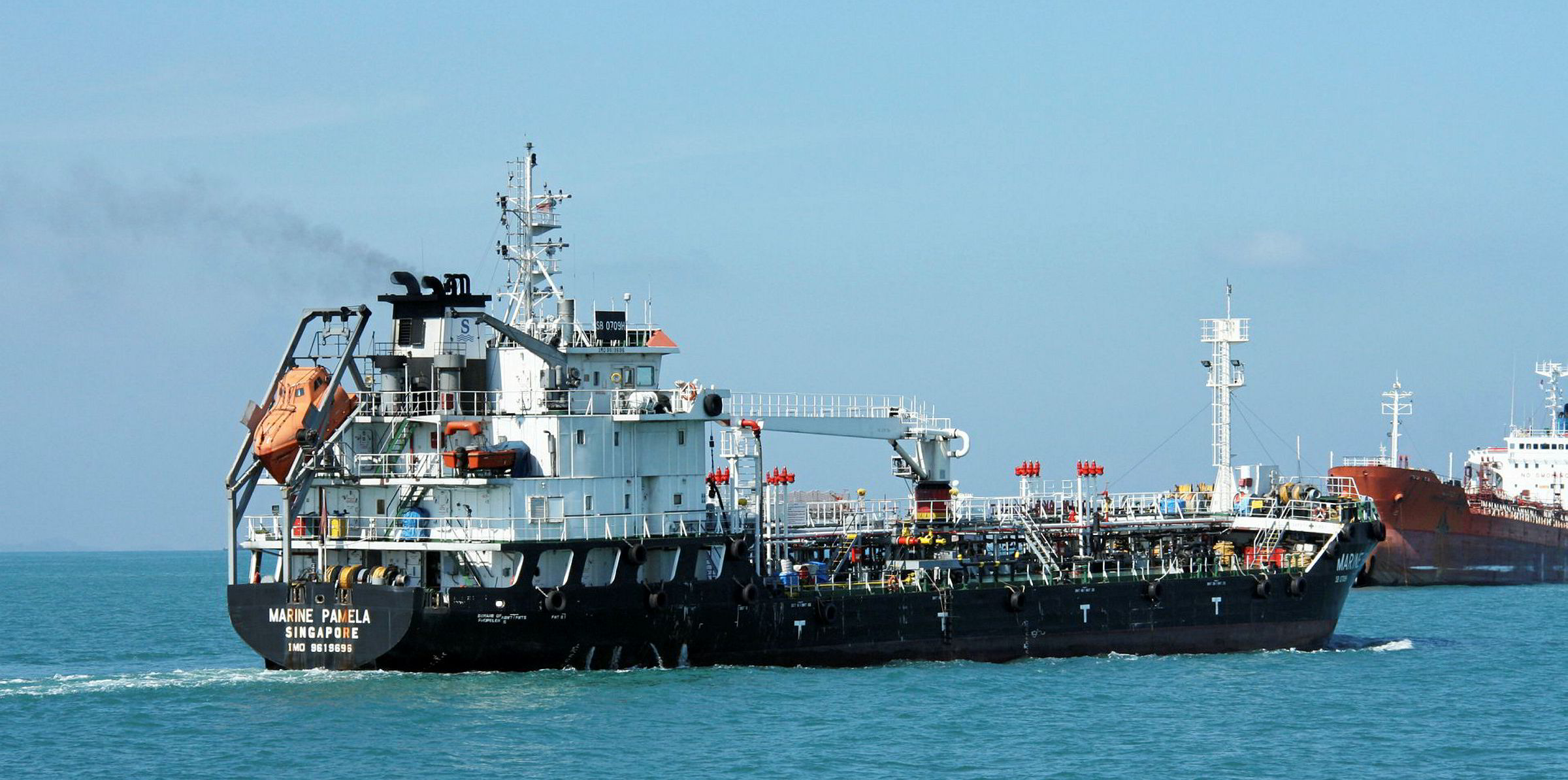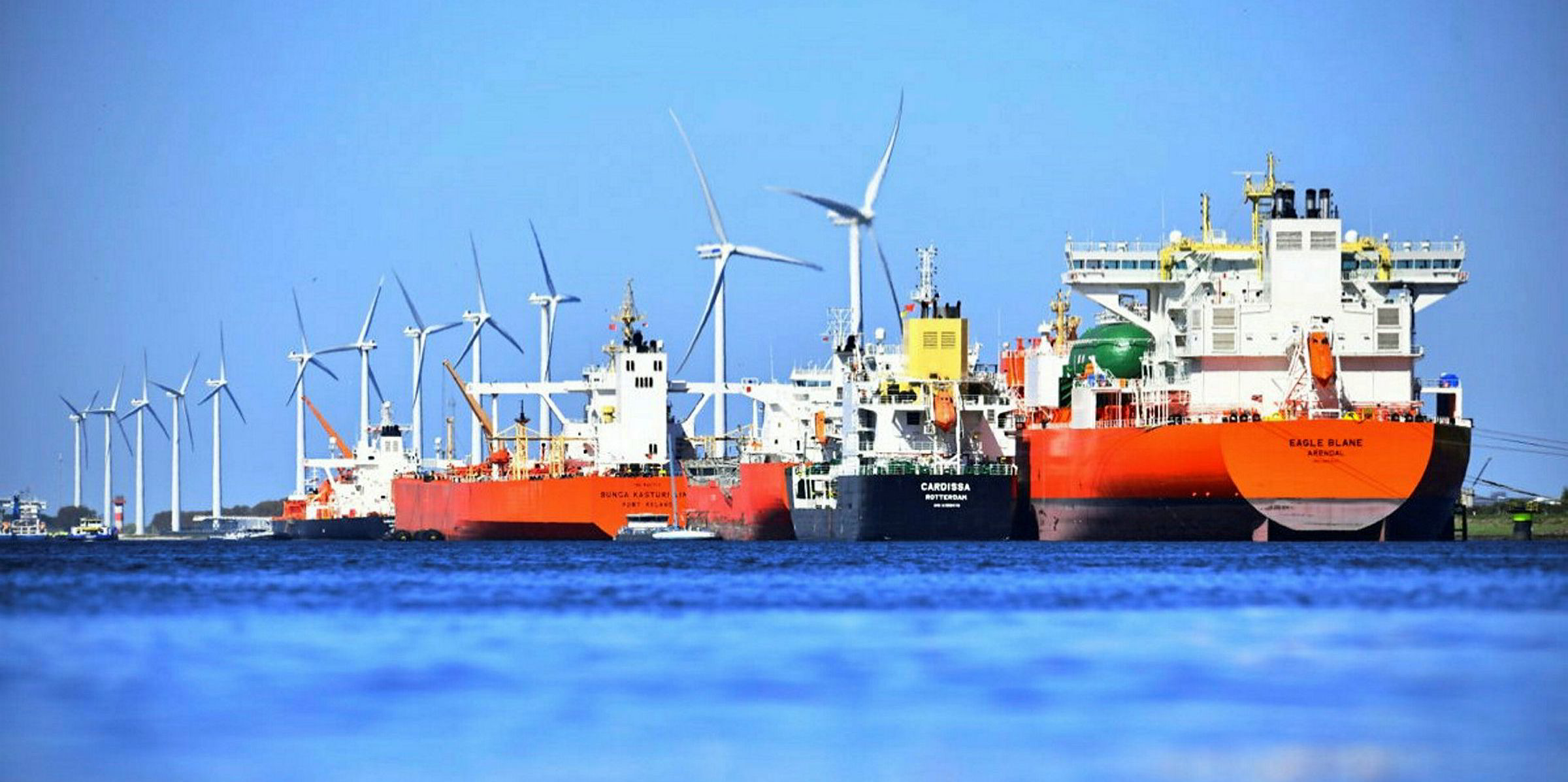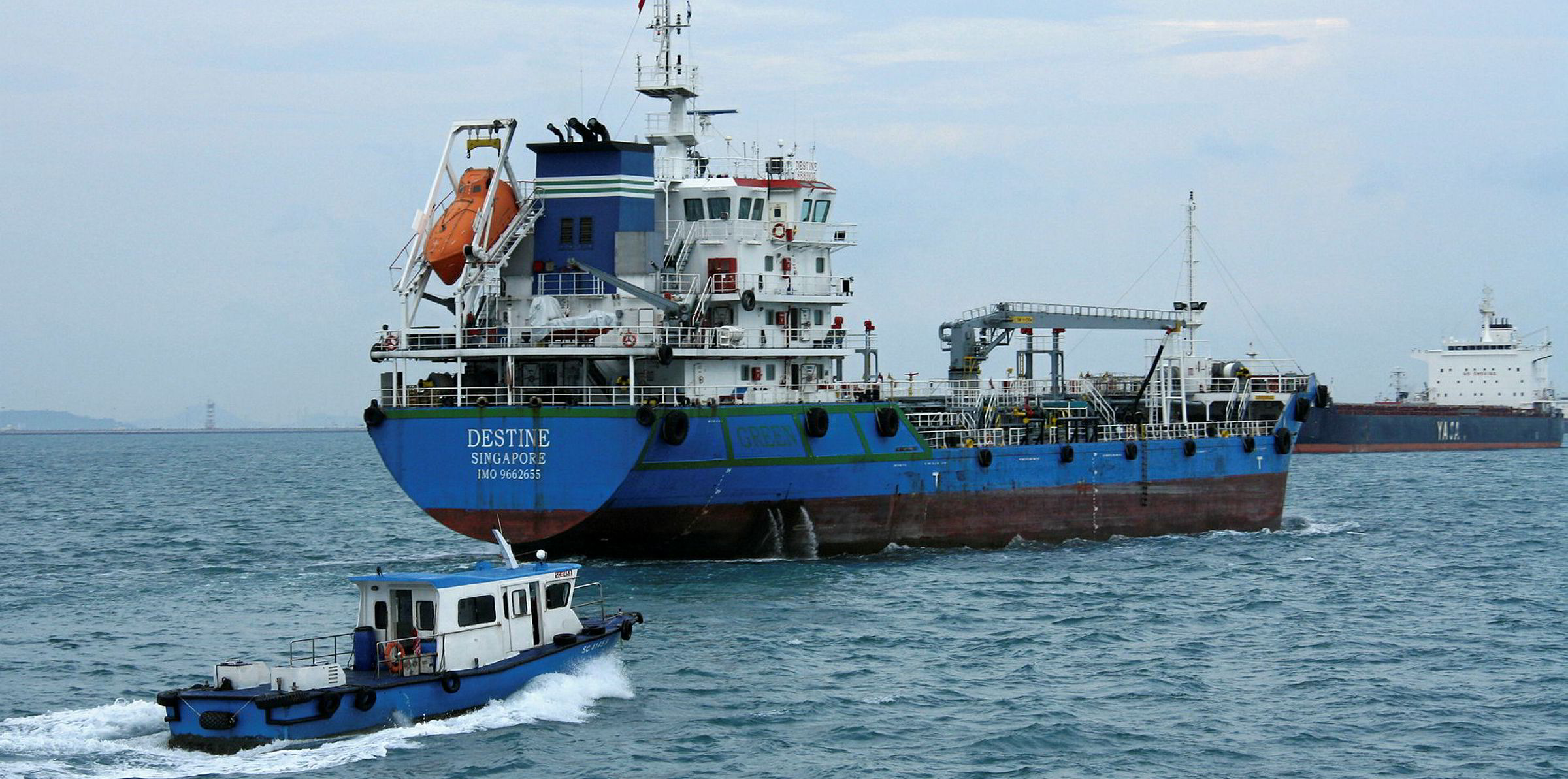The International Energy Agency (IEA) is now expecting global bunker fuel demand to fall 5% overall in 2020 due to reduced sailings during the coronavirus pandemic.
In its forecast two months ago, the Paris-based energy watchdog for OECD had said marine fuel demand this year would fall marginally by 100,000 barrels per day (bpd) to 3.8m bpd.
But the IEA has revised down its forecast as the numbers of sailings of cruiseships, bulkers and containerships are falling.
“The most affected shipping segment by far is likely to be cruiseships, which came to a complete halt in April following the Covid-19 outbreak,” the IEA said in its latest monthly report.
“We expect cruise sailings to fall by 90% in the second quarter and 83% in the third quarter, and to recover only moderately in the fourth, as consumers stay away.”
The cruise sector, which accounts for 6% of global bunker demand, is expected to record a 90% fall in marine fuel consumption in the second quarter from the level seen in the same period of 2019.
Its bunker consumption is forecast to drop by 83% in the third quarter and 60% in the fourth, according to the IEA.
The IEA has also expected bunker demand of bulkers to fall by 2% in the second quarter and 2% in the third.
Consumption of boxships is forecast to decrease by 12% between April and June and 8% between July and September.
“We expect dry bulk movements to remain under pressure through the third quarter, while growth in container trade is likely to be negative, due to the global reduction in merchandise trade,” the IEA said.
Its pessimistic forecast has come despite strong sales reported by some of the world’s main bunkering hubs.
In Singapore, the world’s largest bunkering hub, total sales rose to 4.11m tonnes in April from 3.71m tonnes in the same month of 2019.
Sales in Rotterdam amounted to 2.37m cbm between January and March, up from 2.31m cbm in the first quarter of last year, according to the port authority.
“The [bunker] sector is opaque: consumption figures can be hard to obtain and are often delayed,” the IEA said.
“But the data that has emerged so far points to a much less significant decline in deliveries than for other transport fuels [like gasoline or jet fuel].”






